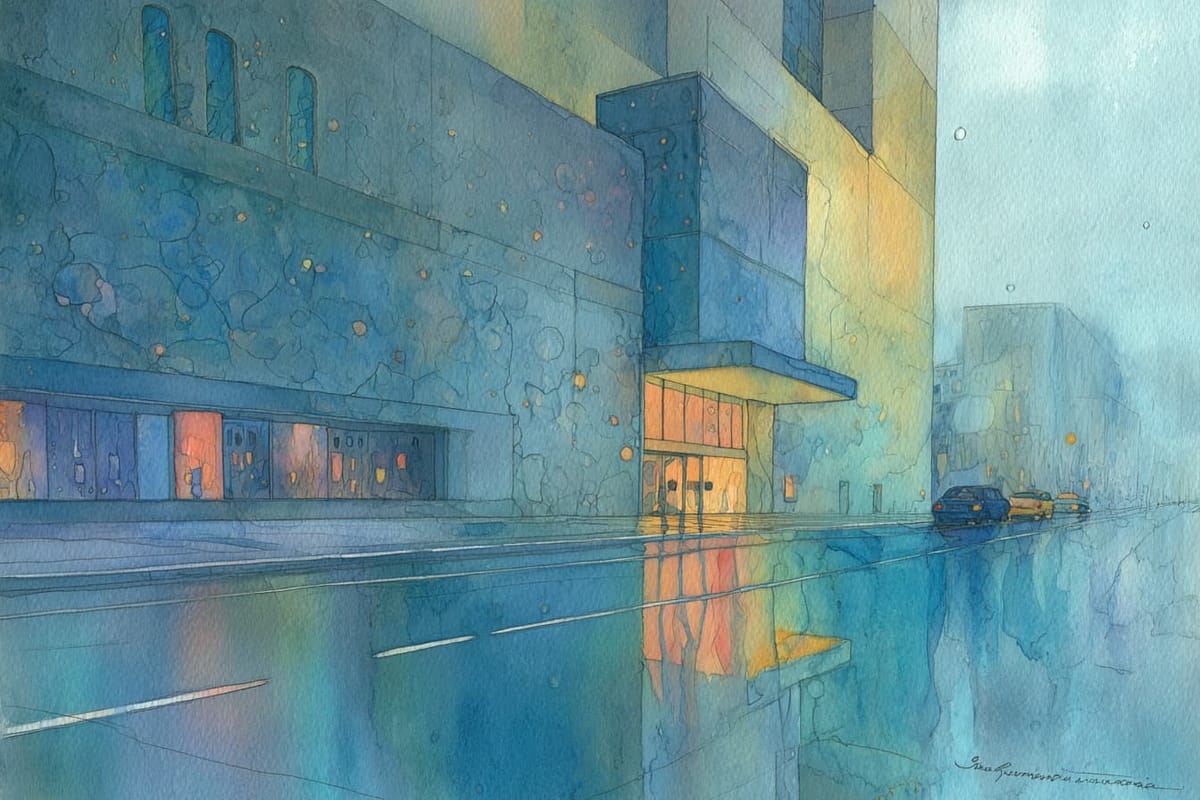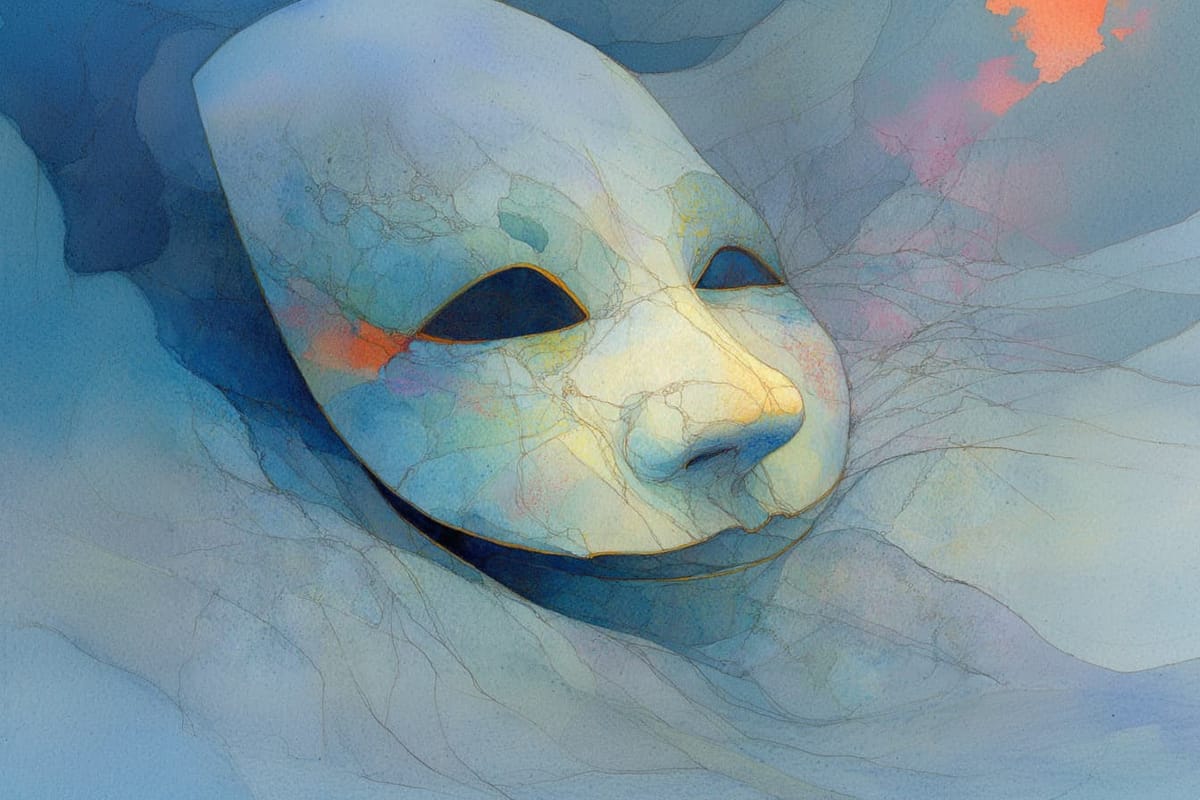Long Day at the Hospital
Three appointments.

Last week, I had three appointments with my care team in Chicago. All on the same day: 8:00 am, 11:00 am, and 2:00 pm. I figured one long day was better than three separate trips into Chicago. I had appointments with the neuro ophthalmologist, the neurosurgeon, and oculoplastics for a consult on my eyelid, since it doesn't fully close.
We had to leave very early, relying on a neighbor to help get our kids on the bus. We arrived almost exactly as my first appointment was supposed to begin, due to heavy traffic. So I went to the neuro ophthalmologist by myself, and Ger parked the car and waited in the food court area.
I told the doctor that of all the post-surgery impacts, my eye is the most problematic. She took some measurements and told me that my double vision is improving (from the last appointment a month ago). But I still have to keep my eye covered all the time and I can't drive. She said usually they wait a year to do surgery to correct the double vision, but she'll see me again in January, and we can discuss surgery sooner.
Next was the neurosurgeon. He was 90 minutes late for the appointment. This is the third time I've seen him in the office, and the first time he's been so late.
Whenever a doctor is running late, I remember the day that my OBGYN told me that Iris had no heartbeat. And how he stayed with me, walking me down to the maternal fetal medicine department to get a confirming ultrasound. I know he was with me much longer than a scheduled appointment, and he had other patients waiting. So when doctors are late, I tell myself that another patient needed them. The neurosurgeon finally entered the room, wearing scrubs, further confirming in my mind that someone else needed his attention.
He reviewed my MRI from last week, the first MRI I've had since surgery. There is a bit of residual tumor left, which I knew. He'd told us on the day of surgery that he couldn't get it all due to the location. But he said I don't need another MRI for another six months. If it grows at all, they'll do a single dose of radiation to knock it out. Otherwise, they'll just continue to monitor.
The next appointment will be with the nurse practitioner to review the MRI results. But if, on appointment day, the surgeon walks into the room, that means the tumor has grown, and he needs to discuss radiation.
The surgeon is a very serious man, but he gave me a small smile as he shook my hand and left the room. "Great job," he said. "I know this wasn't easy."
I thought back to those first few days in the hospital and where I am now, not even 12 weeks later. I had staples in my neck and could barely sleep because I couldn't position my head comfortably (plus, hospitals are terrible for sleeping). I couldn't walk without assistance. When I got home, I slept most of the day. My face could barely move, and I had a mostly soft food diet.
Now, my face is at about 50% of full function. My dimple is returning in my left cheek. I'm not fatigued during the day, though my neck still gets sore at times. The double vision is the biggest issue, but I know surgery is an option if it doesn't get better.
By the time I'd scheduled my follow-up neurosurgery appointments, I had to head to oculoplastics. The neurosurgeon told me, rather sternly, "Don't let them do anything to your eyelid. You don't need it." The oculoplastics doctor agreed – the eyelid will probably continue to heal on its own. In the meantime, I tape my eye shut at night to protect my cornea. But I'm used to that.
I don't love the idea that there is still a bit of tumor in my head, but it is what it is. Many people have this tumor and never see any additional growth, even after 10+ years of monitoring. Even if we have to go the radiation route, there are some good options for a non-invasive procedure.
I'm still not used to the way I feel. It's like someone is putting firm pressure on my skull and the left side of my face all the time. The scar area is still very tender, and I can't sleep on my left side. My lips and tongue sometimes feel weird, though I can eat much better now. My eye is the biggest hurdle.
I've followed every instruction I've been given: rest, physical therapy, and consults with different specialists. When the neurosurgeon said, "Great job," I thought, "But I didn't really have a choice?"


